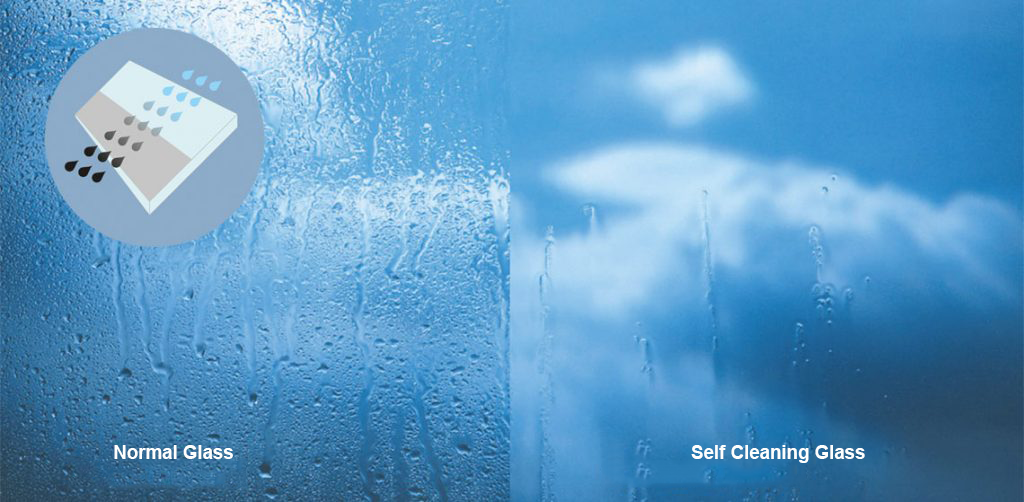Emission Control Catalysts
Driven by the latest environmental regulations, chemical or power plants are equipped proper facilities ensuring the exhaust gas emitted under control. Various technology can serve the requirements and it is understood using TiTAS titanates as precursor is commercially applicable for producing ultra fine titania carrier.
Similar technology is used by a worldwide electronic device producer. The ultra fine titania particles made by TiTAS titanates are successfully used for multi layers ceramic capacitors.
Sol-gel Coatings
Light metals are traditionally recognized difficult surface to be treated, such as aluminum, magnesium or titanium, which widely found on the latest electronic devices or even aircrafts. Sol-gel coatings can go beyond constrain of organic coating and provide unique performance. Hybrid with silicon and titanium, silicon and zirconium together with organic part is generally adopted for such special coatings.
Coupling Agents
Composite material formulators are always looking for the best coupling performance in their systems, so they can use less costive resins and more cheap fillers without sacrificing physical properties. TiTAS titanates and zirconates are the precursors for titanium based or zirconium based coupling agents for various applications.
Self-cleaning Plain Glass
Photo-catalysis is fascinated feature applicable on construction glass. Through on- line coating process, TiTAS titanates are carried by hot flow and sprayed onto the glass ribbon surface at more than 600oC. The organic part is immediately broken down and evaporated. Only a nano-grade titania thin film left on the glass surface, providing the self-cleaning performance and anti-reflection performance.
Zero Expansion Glass Frit
In order to produce non expansion glass against temperature fluctuation in the environment for the highest precision photo lithography processing, giant glass producer has invented the patented glass ceramics by using TiTAS titanates as pr ecursor.
Molecular Sieve
The invention of crystalline silico-titanate inorganic molecular sieve is proven to cleanup the radioactive contaminants in sea water after the tragic Fukushima Daiichi disaster. The high selectivity of this molecular sieve can remove the harmful cesium from the waste water in the nuclear power plant.
Lubricant Additive
Even automobiles are not only driven by gas today, the lubricant oil industries are still developing new formulations enhancing anti-wear performance. Among all the emerging developments by using alternative metallic compounds such as molybdenum or zinc, titanium based ones showing very promising results technically and commercially. The latest research also confirms the superior anti-wear performance with such titanium compounds by forming a nanoscale oil film on the engine metal and reducing less amount of ZDDP in the formulation.
Physical Properties
|
Product |
Appearance |
Chemistry |
Ti Content % |
Density g/ml |
Flash Point °C |
Melt/Pour Point °C |
|
TiTAS TIPT |
Colorless liquid |
Titanium Isopropanolate |
16.8 |
0.96 |
41 |
Approx. 17.5 |
|
TiTAS TNBT |
Pale yellow liquid |
Titanium n-Butanolate |
14.0 |
0.995 |
47 |
-40 |
|
TiTAS BIPT |
Pale yellow liquid |
Propyl Butyl Titanate |
16.3 |
0.98 |
42 |
-39 |
|
TiTAS TEHT |
Yellow liquid |
Tetra 2-Ethylhexyl Titanate |
8.5 |
0.935 |
>63 |
-49 |
|
TiTAS NPZ |
Yellow brown liquid |
Tetra n-Propyl Zirconate |
20.5 |
1.065 |
23 |
-70 |
|
TiTAS NBZ |
Yellow brown liquid |
Tetra n-Butyl Zirconate |
20.5 |
1.065 |
35 |
-70 |


